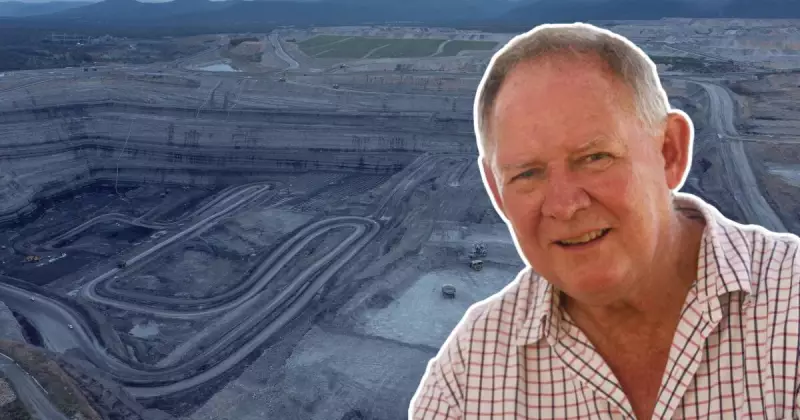
For his entire working life, Darryl Best descended into coal mines, first in Lithgow and later in the Illawarra region, before retiring in 2020. Today, the veteran miner has become an unexpected but powerful voice for renewable energy, arguing that the real threat to Australia's future isn't clean energy - but the refusal to plan for its inevitability.
The global shift leaving Australian coal behind
Recent news that South Korea will phase out coal power by 2040, with many plants closing even earlier, should end any illusion that Australia can rely on coal indefinitely. This isn't some minor market adjustment - South Korea represents Australia's fourth-largest coal buyer and operates the seventh-highest number of coal-fired power stations globally.
They're now joining the international Powering Past Coal Alliance while investing heavily in offshore wind to completely replace coal. More significantly, all six countries that form the bulk of Australia's coal export market are moving away from fossil fuels in pursuit of cleaner, cheaper, and more secure energy alternatives.
The numbers reveal the stark reality: 88 percent of Australia's black coal was exported last year, meaning approximately 33,000 Australian workers depend on countries that have publicly committed to phasing out the very product they purchase from us.
False hopes versus economic reality
Best describes political rhetoric about abandoning net zero or increasing coal production as not just misleading but dangerous. "It gives false hope to regional communities that deserve honesty, not slogans," he states emphatically.
The Australian Treasury report delivers sobering news: Australian fossil fuel exports are projected to drop by 50 percent within approximately five years. At home, remaining coal-fired power stations face scheduled closures, while steel manufacturing increasingly transitions toward low-carbon "green" production methods.
"Whether we like it or not, the rest of the world is choosing our future for us," Best observes. "They're deciding when our coal jobs will end for reasons South Korea identified this week: cleaner air, more secure energy, lower power prices, and thousands of new jobs."
A skilled workforce ready for transition
The encouraging news lies in Australia's existing workforce capabilities. Research indicates that more than half of all renewable energy jobs can be filled by coal workers with minimal retraining. These individuals bring precisely the skills a clean-energy economy requires: problem-solving abilities, technical expertise, and operational experience.
Best strongly rejects the notion that embracing renewables betrays fossil fuel workers. "The real betrayal comes from those who pretend coal will last forever while quietly pocketing profits and making no plan for the workers they claim to stand up for," he argues.
When mines eventually close without replacement industries, the consequences fall not on company executives or politicians but on towns, families, and young people forced to relocate for work.
Establishing renewable industries in these regions represents protection, not betrayal. It sustains communities, provides reasons for young people to remain, and offers everyone a fighting chance for climate safety.
Australia possesses the skills, resources, and workers necessary to build what comes next. What's required now is for governments to stop delaying, cease pretending the world isn't transforming, and commit to the task. Because, as Best concludes, "our communities, and our future, are worth it."





